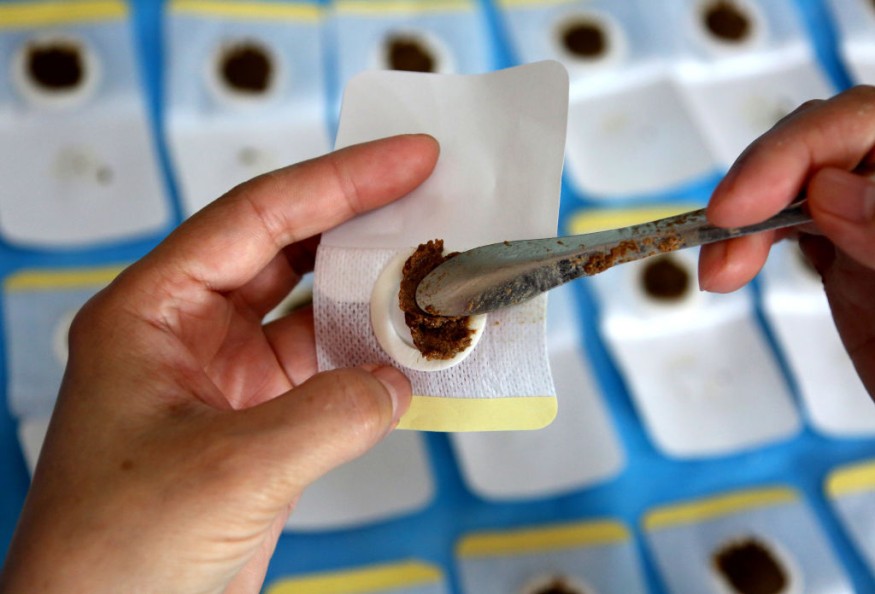A detailed result of clinical trials for traditional Chinese medicine (TCM) shows lack of scientific evidence, raising questions about its efficacy.
Republic World quotes a source that the 'questionable' results remain unpublished and that TCM products have not included in their packaging the presence of toxins due to "lack of guidelines and required regulations."
In addition, demand for TCM sparks fear for poaching of African endangered species.
"The aggressive expansion of traditional Chinese medicine (TCM) in many African countries is posing a direct threat to the future of some endangered species," Environmental Investigation Agency (EIA) said in Colombo Gazette.
Mai Xiaotian, a writer of Radio Free Asia (RFA) said that the body parts of endangered species are used to make certain ingredients.
Adverse drug reactions on children

According to cancer researcher Arthur Grollman of Stony Brook University, New York, "an ingredient in many TCM remedies, can cause kidney failure and cancer" and "TCM injections pose serious risks to the pediatric population."
Cases of adverse drug reactions (ADRs) in children raises concern have "pushed TCM into the frame of pseudoscience." These have been reported in placed where TCM have been practiced, within China and other countries like Nigeria, Tanzania and South Africa.
Moreover, scientific communities around the globe criticized the World Health Organization (WHO) for promoting TCM which was first included in the crucial International Classification of Diseases, ICD-11 during the tenure of Margaret Chan, who served as the DG of the WHO from 2006 to 2017.
WHO's "ignorance" somehow closed doors for unbiased and rational decision making while dealing with TCMs.
Fears of wildlife trafficking and poaching for TCM ingredients
It was reported earlier in August last year that China has been illegally trafficking wildlife from Africa for medicinal use, food consumption and entertainment.
In addition, a massive rise in the use of TCM products in a number of African countries for the past ten years is fueling demand for endangered species whose body parts are used to make certain ingredients, according to International Forum for Rights and Security (IFFRAS), Radio Free Asia reported.
"While TCMs are the primary drivers of the illegal wildlife trade from Africa, the need for ivory jewellery, the Chinese furniture business, and the entertainment value of animals also contribute to the trade," the report said.
EIA campaigner Ceres Kam said traditional medicine is integral to many cultures and plays an important role in global healthcare, however, some pharmaceutical companies source ingredients from threatened animals, "aggravating the pressure on the survival of these species," Kam said.
"Our very real concern is that such a huge expansion of TCM in Africa, as is happening under China's Belt and Road Initiative, will have the knock-on effect of drastically increasing demand for treatments containing wildlife and, in turn, cause more species to become threatened or extinct," she added.
This utilization of threatened species fears demand may incentivize wildlife crime and over-exploitation. Since 2008, 5,940 rhinos have been recorded as hunted and killed in Africa, and this kind of pressure would make this number underestimated.
Read also: DNA in Elephant Tusks Reveal Illegal Ivory Trafficking Networks: More than 4000 Tusks Tested
© 2025 NatureWorldNews.com All rights reserved. Do not reproduce without permission.





